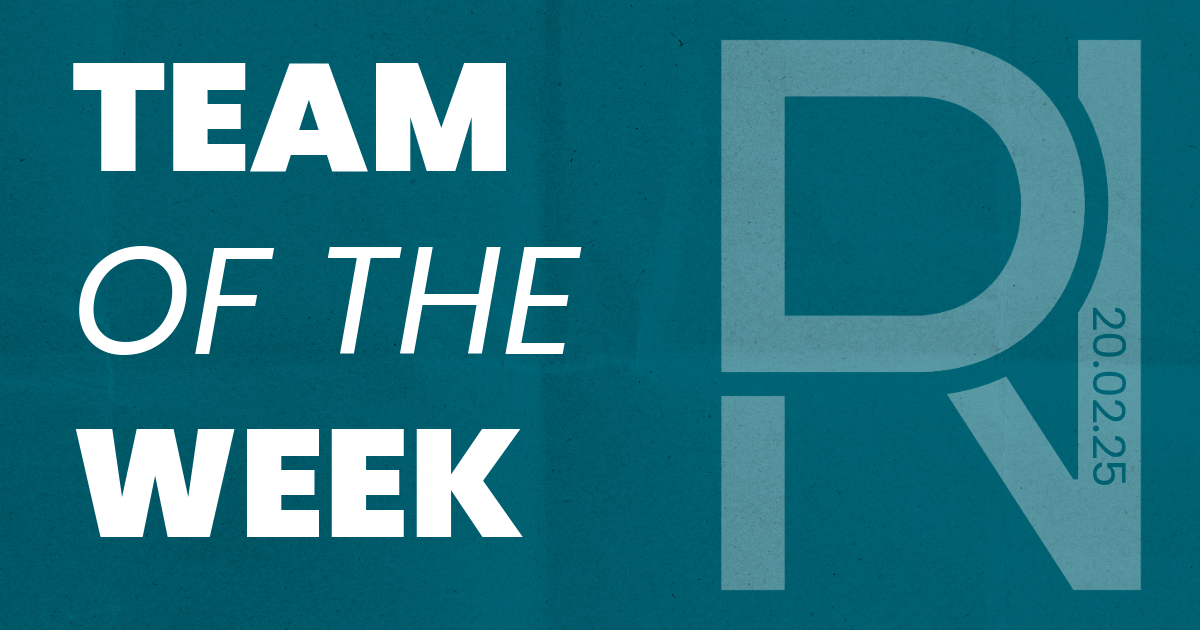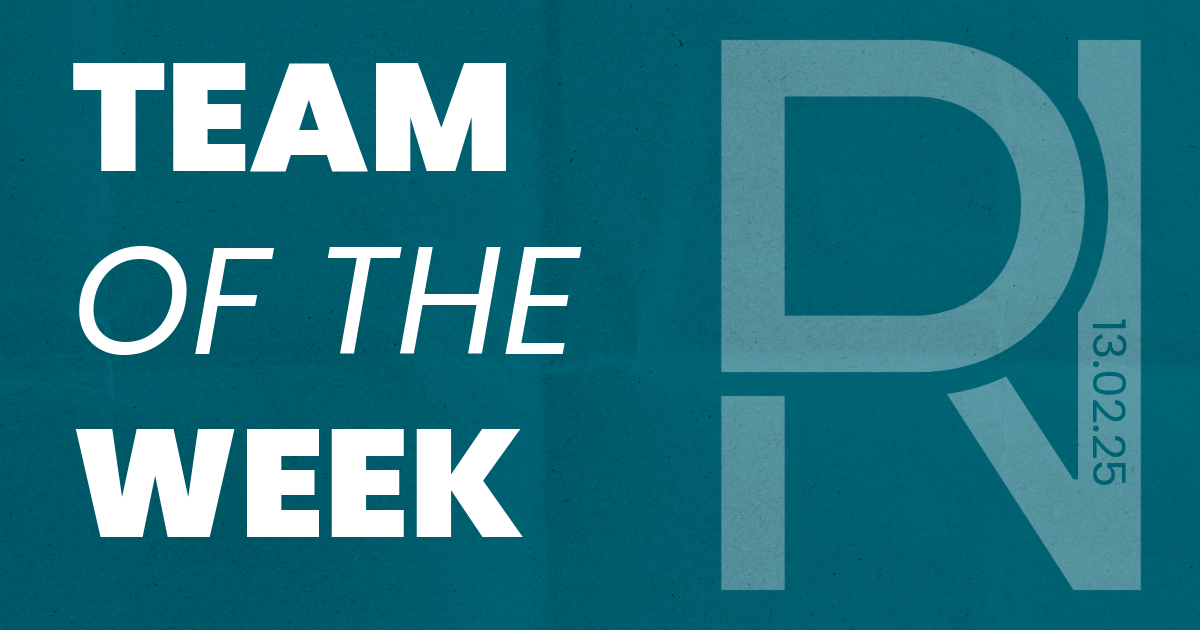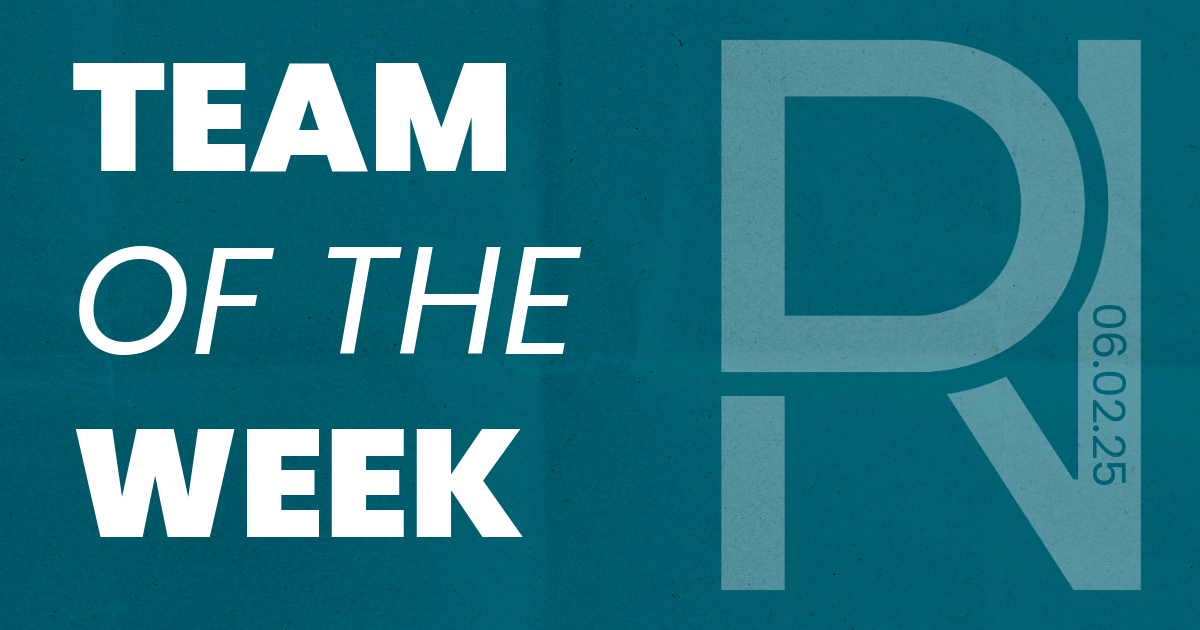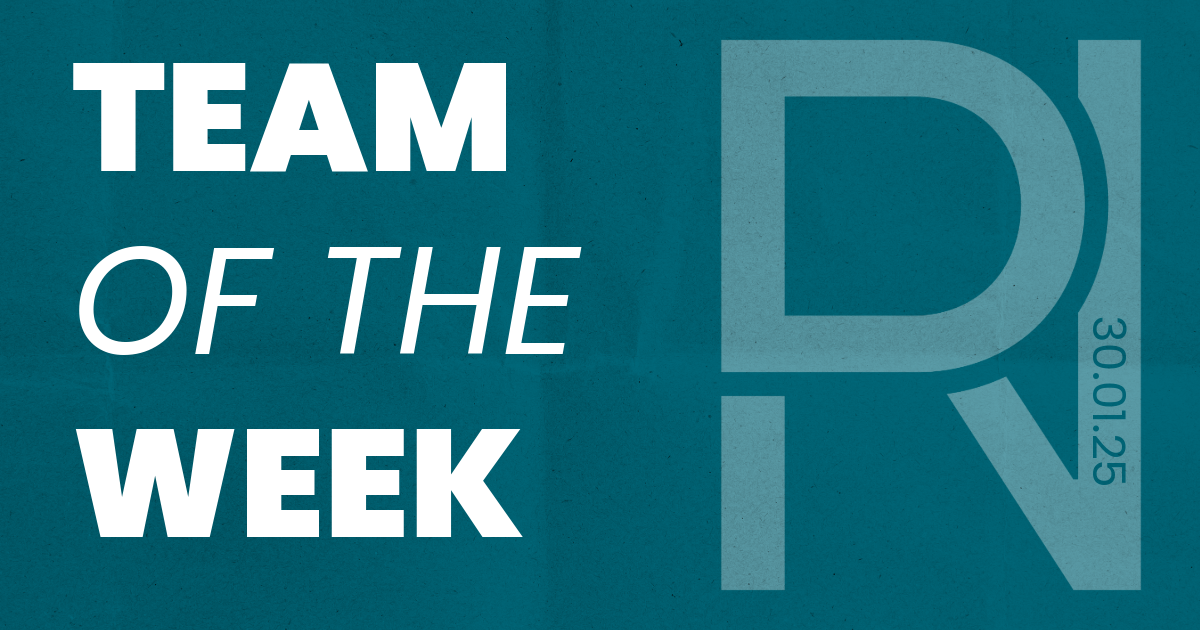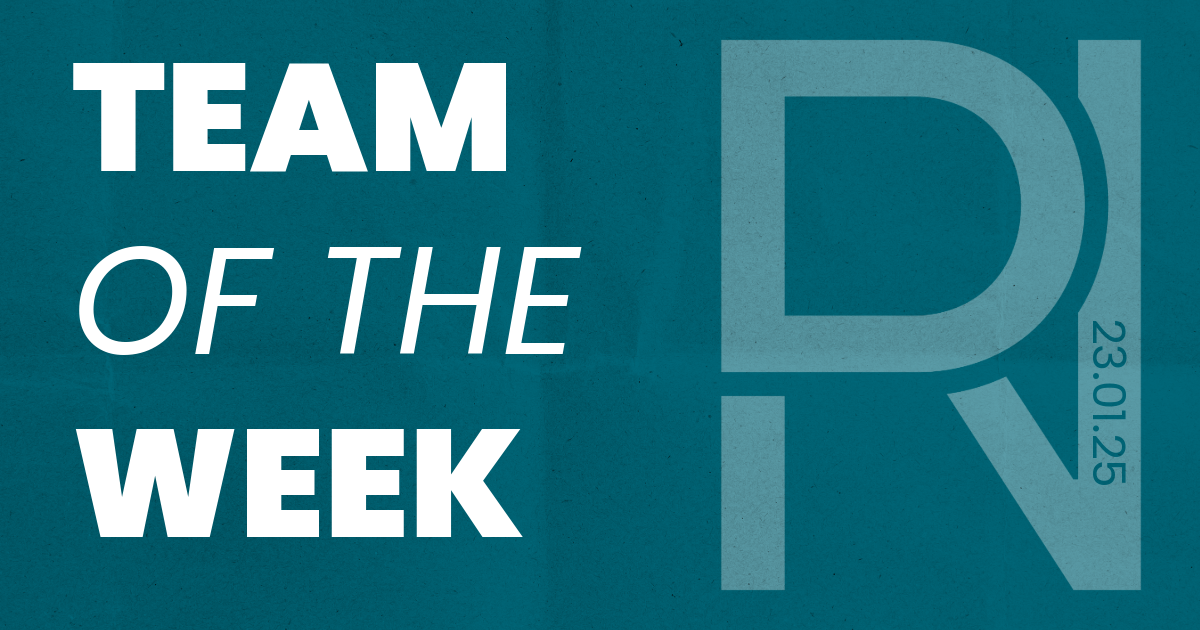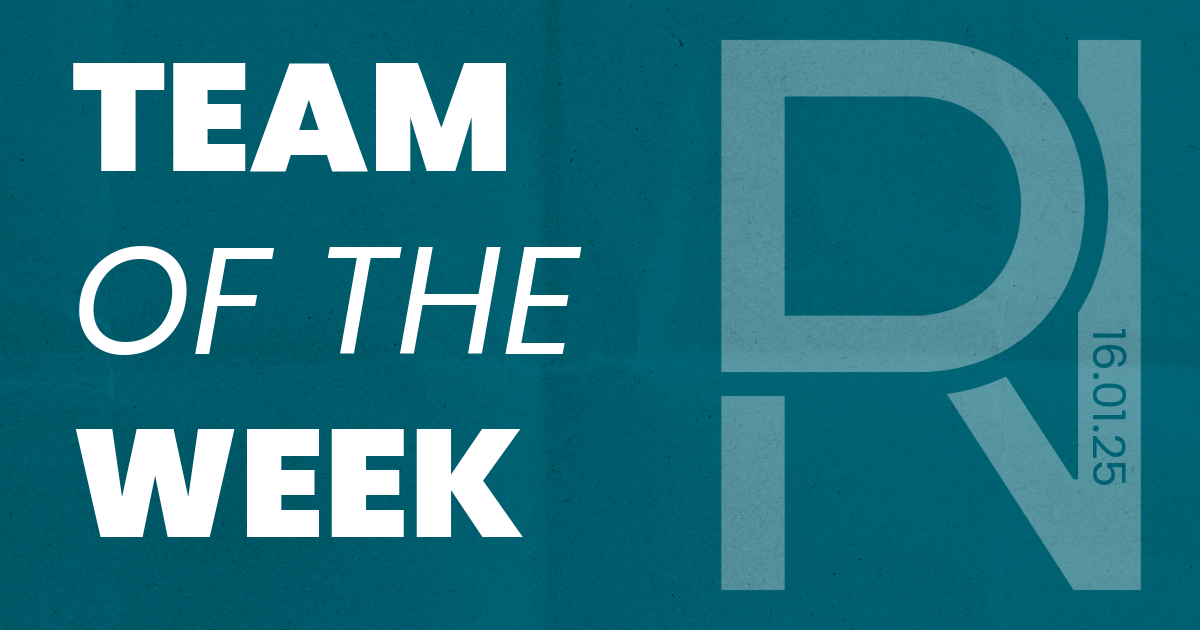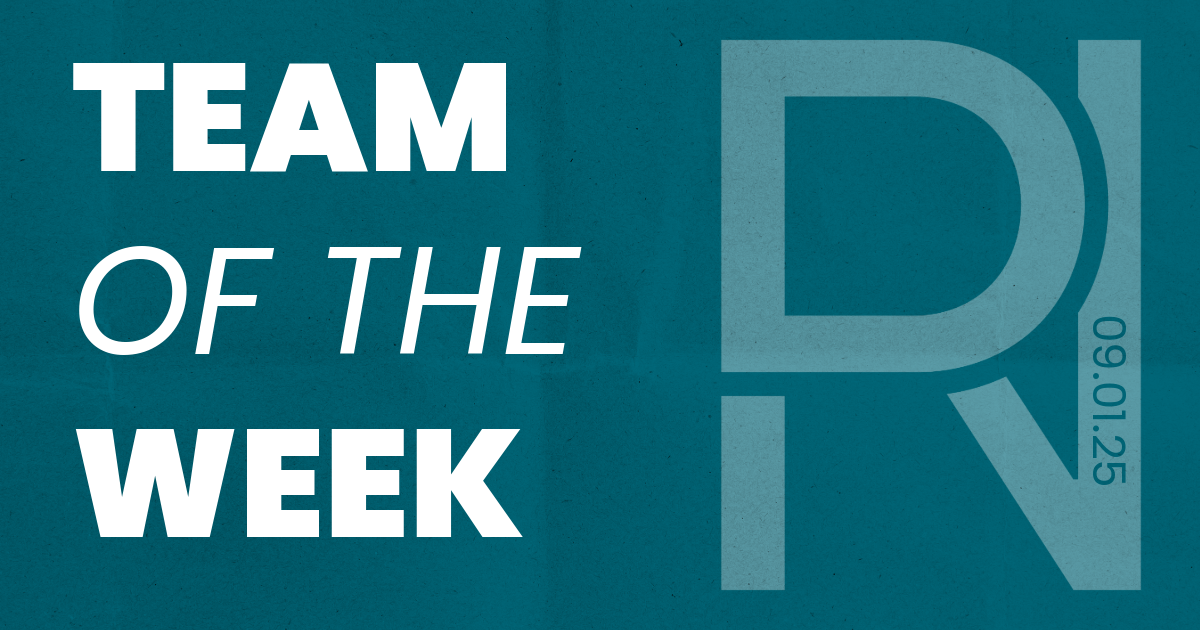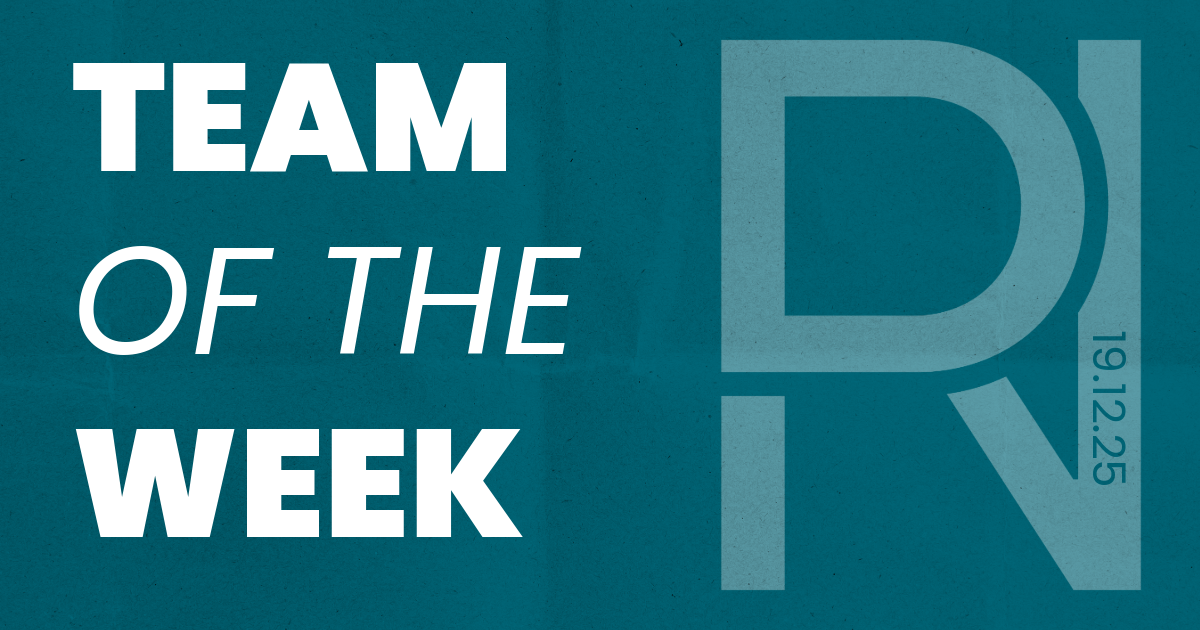The Big Rebuild: Why sport must recognise importance of PR before it’s too late
Founder Nick Rewcastle gave his thoughts in City AM on why sports needs to consider the role of PR as it rebuilds from the COVID-19 pandemic
Covid-19 has ripped the sports industry to shreds, leaving a trail of bare-bones teams who are overworked and stretched.
During a second lockdown it might seem hasty to think about rebuilding and planning for the coming months. But we know that one day sport’s fan ban will be lifted.
Once it does, it will happen quickly, and so many will be ill-prepared.
This week it emerged that the government is considering allowing fans back as soon as December. Meanwhile, we are already seeing live sport with crowds in some parts of the world.
And just before the second spike hit, we saw a number of British sports teams hosting events. That included Harlequins who safely welcomed 3,500 supporters – with zero reported cases of Covid-19 reported afterwards.
We are seeing frustration throughout the industry, with the likes of the Olympic and Paralympic Games as well as football’s European Championship postponed, events cancelled and those able to continue behind closed doors are forecasting terrifying losses.
In that context, it seems almost impossible to strengthen back-up. However, vaccines mean there is now light at the end of the tunnel.
Whether March or even sooner, change is coming – and the industry needs to get ready.
Strategic PR needed alongside reactive comms
Sadly, the pandemic brought cost-saving exercises, meaning some organisations made significant cuts to their PR teams. My job was one of those that went.
This has been a response to a shift in strategy. Clubs have tended to keep less experienced staff at the expense of others.
To a degree it is understandable as they mainly need people to do basic day-to-day roles. There is no strategic element to it – that’s all been parked. They are in reactive mode.
Yet never has it been more important to engage stakeholders.
The loss of revenue while fans have been absent means that clubs must work even harder to appease their commercial partners, and even try to grow their sponsor portfolio.
There will be senior stakeholders within the organisations who will be nervous, uncomfortable and in need of reassurance.
Supporters are left in limbo around their season tickets, the future of the sport and team they love.
All of these stakeholders effectively need a socially distanced hug, reassurance that everything will be okay.
The experience lost to staff cuts will soon have to be re-built. They need leaders who can deliver impactful communications to these audiences, to give them the necessary reassurances.
Key driver of ticket sales
As well as looking at the present, the industry needs to be ready to bounce back. The tempo will increase, there will be more pressure from the top.
Before we know it, the demand for PR will see a rush to create and deliver strategies, support ticket and retail sales and work with commercial partners.
Communications is more than a luxury. It may be hard to measure against, which is why it’s seen a ruthless cull.
But it’s an essential tool for generating impactful media coverage to raise brand profile and ultimately support with commercial strategies to make the organisation a viable proposition. And it’s one of the key drivers to ticket sales.
Sadly, many won’t have been in a financial position to properly deliver the required PR strategy, and sport will lose out on so much great coverage and direction as a result.
But if there is even a glimmer of budget for some senior communications support then organisations should capitalise. If there’s no budget for internal growth, then consider freelance support.
Because before we know it, the lockdown will be over, fans will become a reality again and there will be increased demand for impactful, targeted communications.
Share via:

Sport and impact focused PR and communications agency, New Reach, has renewed its partnership with Hampshire Cricket and the iconic Utilita Bowl for a fourth consecutive year. This continued collaboration underscores New Reach’s commitment to delivering exceptional PR and media relations that has amplified profile for the club and venue, alike. Since 2022, New Reach has worked closely with Hampshire Cricket to deliver strategic media relations, innovative campaigns, and impactful storytelling that showcase the club’s achievements both on and off the pitch. New Reach has led PR campaigns including the historic solar project in partnership with Utilita, established new and improved relationships with media brands, driven global announcements and managed key media moments including media days, the signing of cricketing icon Ellyse Perry and the club’s acquisition by GMR Group. Throughout 2026, New Reach will closely align with a new-look team at Utilita Bowl, delivering PR strategy across key moments inside and out of cricket. This will include The Hundred in its new format, the stadium’s 25 year anniversary, positioning the club and venue as leaders across T20, women’s and international cricket, ongoing cricket and regional media engagement, celebrating impact in the community and placing the club’s leaders at the heart of the industry. Nick Rewcastle, Managing Director at New Reach, commented: “We’re thrilled to extend our partnership with Hampshire Cricket for another year. Utilita Bowl is one of the most exciting venues in global sport and entertainment, and we look forward to continuing to help Hampshire Cricket and the venue tell its story and connect with audiences in meaningful ways. “Every year is an exciting year at Utilita Bowl, and we’ve enjoyed working across such a variety of powerful projects and initiatives. 2026 is set to continue in that trajectory, but with some new faces internally at the club and the first full year of new ownership. We’re truly looking forward to backing the Rose and Crown again this year.” Jonathan Peace, Head of Brand, Digital and Marketing at Utilita Bowl added: “New Reach has been an invaluable partner in elevating our communications strategy. Their expertise and creativity have helped us build stronger relationships with fans and media alike, and we’re excited to see what we can achieve together in 2026.” With deep-rooted expertise in sport, media and events, New Reach crafts tailored campaigns across PR, social media and video that inspire action and create lasting impact. New Reach’s commitment to transparency and authenticity drives everything the agency does, with partnerships going beyond business; ensuring every collaboration is rooted in integrity, trust, and a shared purpose. New Reach will not compromise trust, morals or rules to profit.

Sport and impact focused PR and communications agency, New Reach, has renewed its partnership with Hampshire Cricket and the iconic Utilita Bowl for a fourth consecutive year. This continued collaboration underscores New Reach’s commitment to delivering exceptional PR and media relations that has amplified profile for the club and venue, alike. Since 2022, New Reach has worked closely with Hampshire Cricket to deliver strategic media relations, innovative campaigns, and impactful storytelling that showcase the club’s achievements both on and off the pitch. New Reach has led PR campaigns including the historic solar project in partnership with Utilita, established new and improved relationships with media brands, driven global announcements and managed key media moments including media days, the signing of cricketing icon Ellyse Perry and the club’s acquisition by GMR Group. Throughout 2026, New Reach will closely align with a new-look team at Utilita Bowl, delivering PR strategy across key moments inside and out of cricket. This will include The Hundred in its new format, the stadium’s 25 year anniversary, positioning the club and venue as leaders across T20, women’s and international cricket, ongoing cricket and regional media engagement, celebrating impact in the community and placing the club’s leaders at the heart of the industry. Nick Rewcastle, Managing Director at New Reach, commented: “We’re thrilled to extend our partnership with Hampshire Cricket for another year. Utilita Bowl is one of the most exciting venues in global sport and entertainment, and we look forward to continuing to help Hampshire Cricket and the venue tell its story and connect with audiences in meaningful ways. “Every year is an exciting year at Utilita Bowl, and we’ve enjoyed working across such a variety of powerful projects and initiatives. 2026 is set to continue in that trajectory, but with some new faces internally at the club and the first full year of new ownership. We’re truly looking forward to backing the Rose and Crown again this year.” Jonathan Peace, Head of Brand, Digital and Marketing at Utilita Bowl added: “New Reach has been an invaluable partner in elevating our communications strategy. Their expertise and creativity have helped us build stronger relationships with fans and media alike, and we’re excited to see what we can achieve together in 2026.” With deep-rooted expertise in sport, media and events, New Reach crafts tailored campaigns across PR, social media and video that inspire action and create lasting impact. New Reach’s commitment to transparency and authenticity drives everything the agency does, with partnerships going beyond business; ensuring every collaboration is rooted in integrity, trust, and a shared purpose. New Reach will not compromise trust, morals or rules to profit.

